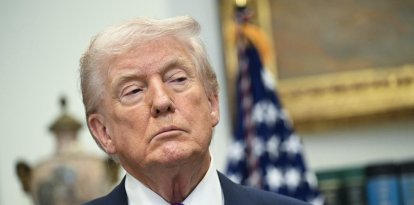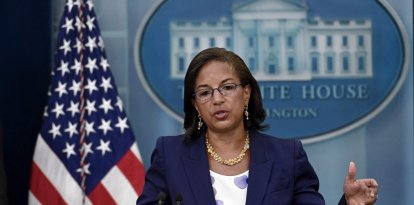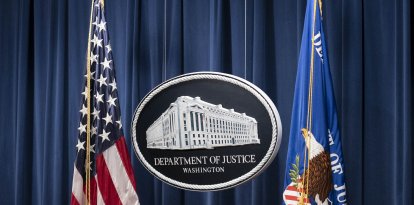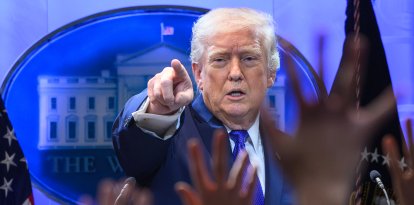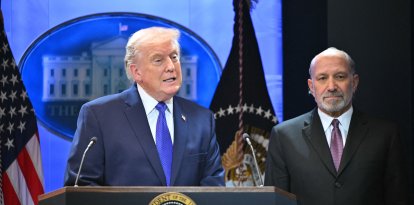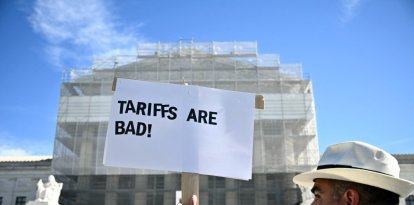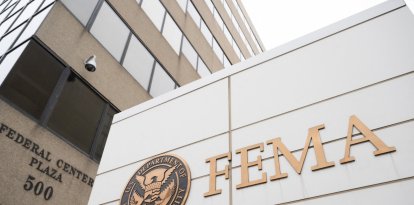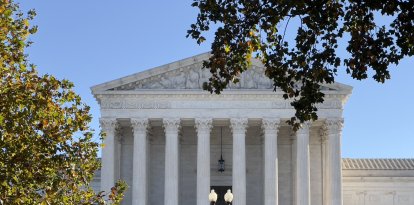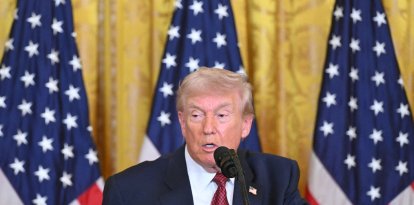The United States reinforces its presence in Japan with a warfare headquarters to face the Chinese threat
"It's more cooperation in real time. It also increases our readiness to respond to contingency or crisis, support U.S. operations and help Japan and U.S. forces defend this territory," Defense Secretary Pete Hegseth explained.
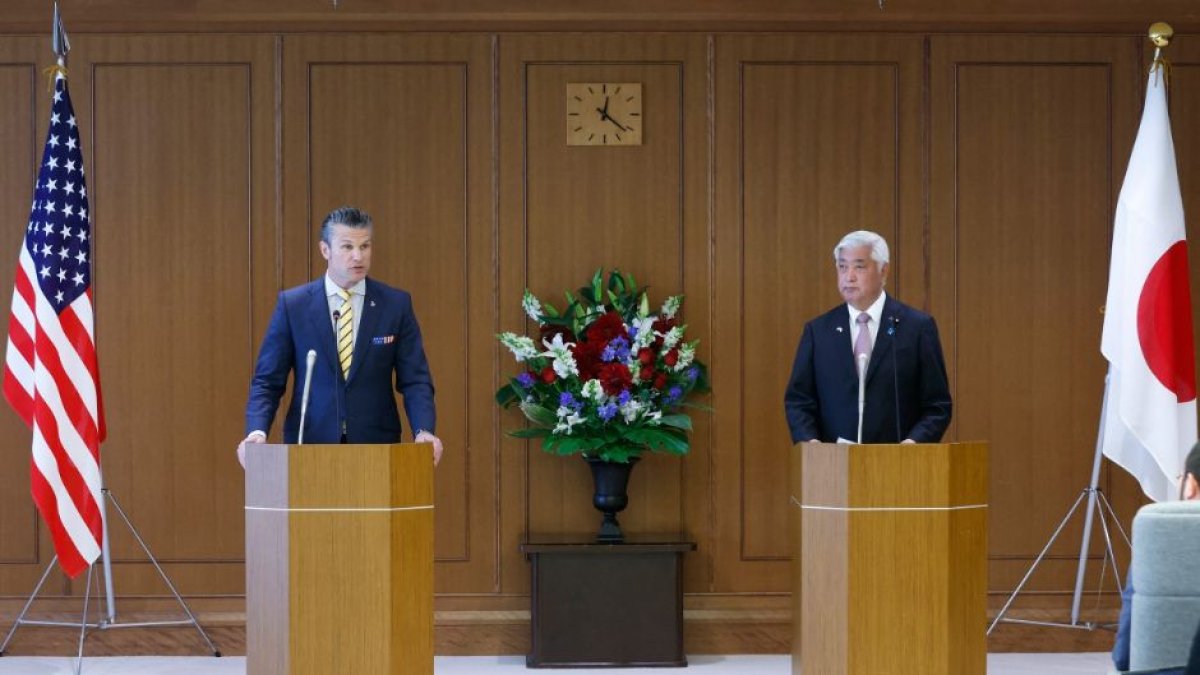
Japan's Minister of Defense and U.S. Secretary of Defense
Defense Secretary Pete Hegseth announced from Tokyo the establishment of a "war headquarters" in Japan in response to the possibility of a conflict with China.
During a joint press conference with his Japanese counterpart, General Nakatani, Hegseth emphasized that Washington's new military strategy seeks to deter Beijing's "aggressive and coercive actions." He also stressed the importance of "keeping the enemy guessing" and generating strategic "dilemmas" to strengthen regional security.
Modernization and arms production plans
As part of this strategy, a modernization plan for U.S. forces in Japan has been launched, including creating a Joint Force Headquarters.
"This upgrade will improve our ability to coordinate operations with Japan's own Joint Operations Command, or JJOC, and we certainly welcome JJOC establishment this past week. It's more urgency. It's more cooperation in real time. It also increases our readiness to respond to contingency or crisis, support U.S. operations and help Japan and U.S. forces defend this territory" Hegseth explained.
The U.S. and Japanese governments also agreed to accelerate the joint development of advanced weapons systems, including medium-range air-to-air missiles and SM-6 surface-to-air missiles, to strengthen their defensive capabilities. The two countries will also work on improving the maintenance of U.S. ships and aircraft in Japan to strengthen industrial cooperation.
Japan, home to over 50,000 U.S. troops, has taken significant steps to strengthen its defense posture. The recent creation of its Joint Operations Command seeks to optimize coordination among its land, sea and air forces, allowing for a more agile response to potential crises in the region.
Tensions with China and the regional context
Growing concerns over China's territorial ambitions in the East China Sea and the possibility of an annexation of Taiwan have led Washington and Tokyo to strengthen their military cooperation. Under the 1979 Taiwan Relations Act, the United States remains committed to supplying weaponry to the island to deter any Chinese aggression, a policy that has generated constant friction with Beijing.














